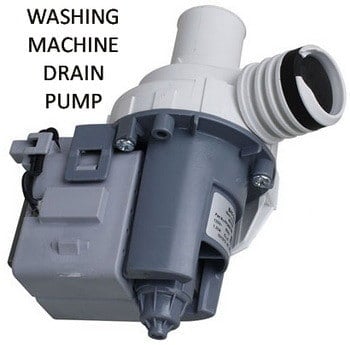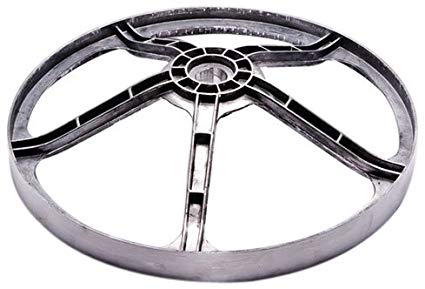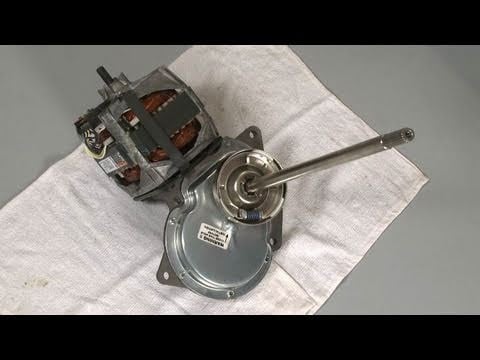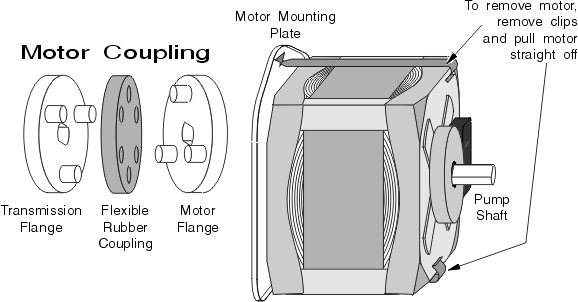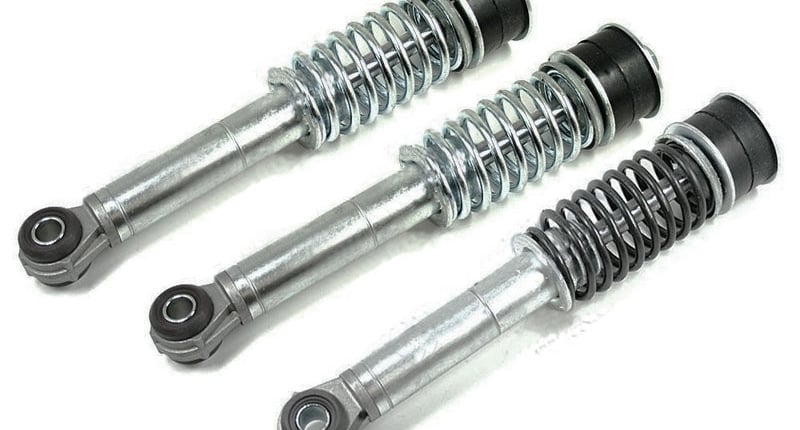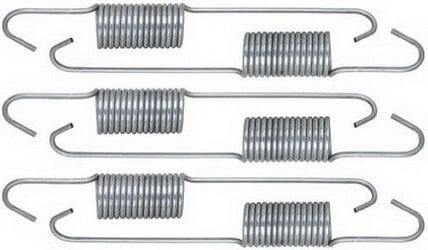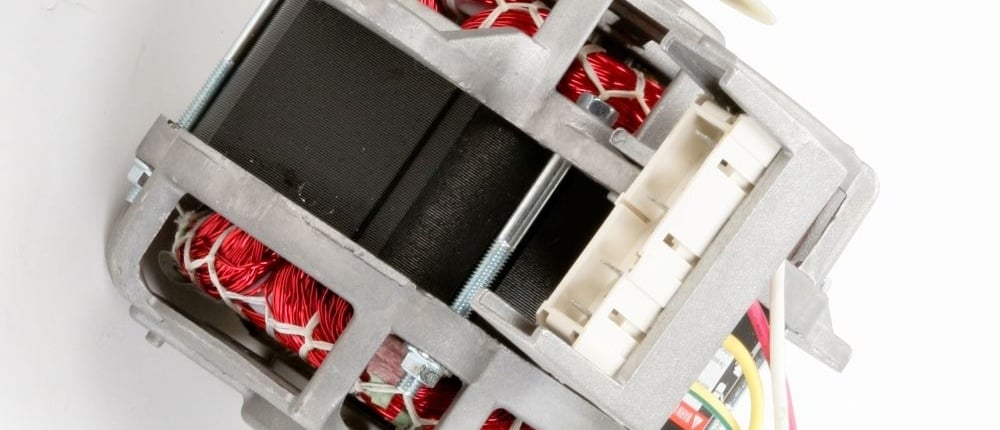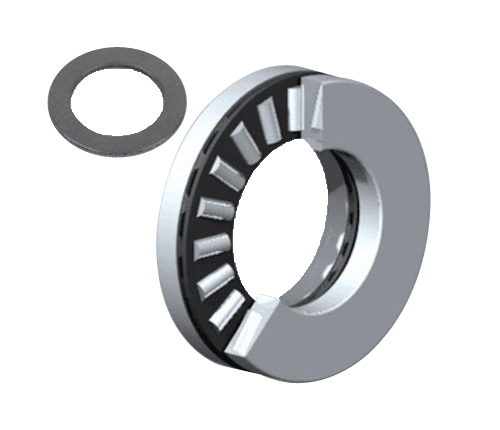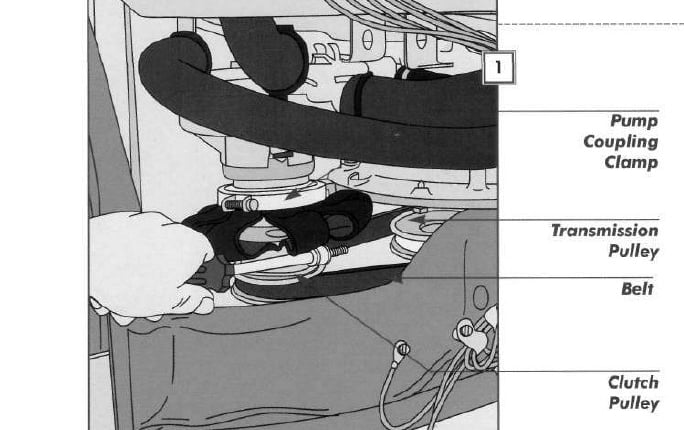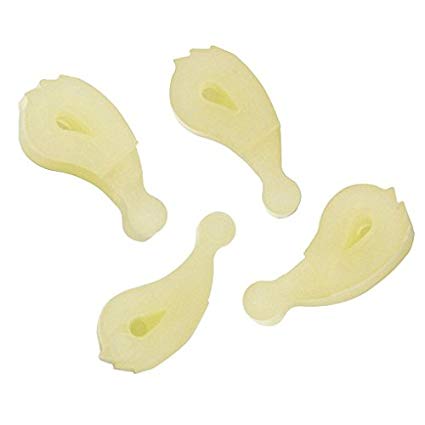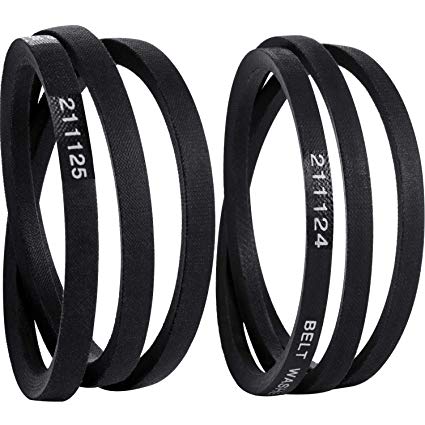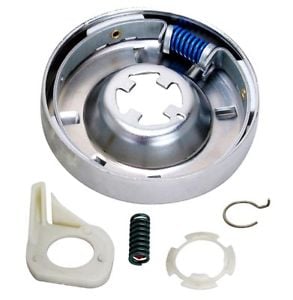Troubleshooting Loud Washing Machine
Washers not only save precious time but also provide quality results. When something gets out of order, people feel rather uncomfortable and try to find solutions. The vast majority of complaints are about loud washing machines. Learn how to fix this problem on your own.
Required Tools
The problem identification, as well as the repair itself, requires the usage of certain tools. The common ones include:
- Screwdriver;
- Screws;
- Nut driver;
- Flashlight;
- Pliers;
- Protective gloves;
- A socket set.
Clogged or Damaged Drain Pump
If a drain pump is faulty or clogged up, washing machines noise may occur. Check it by opening a front panel and switching the washer on. If it is the pump causing loud sounds, turn the machine off, drain the water, and clean the part. Pay attention to the impeller condition. If it is not damaged, install all details back after cleaning and check the results.
Main Drive Pulley
A pulley is used for carrying a drive belt. It tends to collect dirt or foreign particles, which can be the reason for your washer to make a loud noise. Check the pulleys’ condition. For high efficiency, they should not have any damage. Clean drive pulleys if necessary and place them back.
Transmission Is Worn out
Transmission can wear out over time, and, as a result, your washing machine starts producing a loud noise. Usual cleaning is not a solution because transmission should be replaced. Unfortunately, the repair cost may be quite high, so it may be more reasonable to buy a new washer. Also, you can contact a professional repair service for help.
Direct Drive Motor Coupling
A direct drive motor coupling is a plastic component connecting motor with the transmission. If your washer is overloaded, this part suffers most of all ensuring the motor protection. It can just slip or break down. Both cases may be the reason for your washer machine making noise. Turn the washer off, open a cabinet, and replace a motor coupler.
Shock Absorbers
If you hear a grinding noise when your washer is working, shock absorbers may have a problem. Remove a back or front panel, get the absorbers out, and check their condition. Replace them if any damage is observed.
Springs or Dampening Straps
Dampening straps or springs are made of rubber, so they tend to wear out and stretch. This leads to constant interaction between a tub and cabinet while spinning. To sort this issue out, replace springs or straps if any of them is out of order.
Drive Motor
A drive motor is one of the core washer components. Drive motor failure is usually accompanied by humming sounds when it starts. Check its ability to rotate independently. If there is something wrong, replace this part. Also, look at the start capacitor, transmission, and pump. They are connected with a motor and should not have any damage, corrosion, or distortion.
The Bearing
If your washer produces a loud noise, the bearings may be worn out. The part contains metal balls inside which can drop out. Turn the tub by hand, and if you hear the grinding sound, replace the bearings. If a sound is squeaking, the bearings need lubrication.
Drive Belt
The belt in the washer can also wear out resulting in a loud noise. It is mainly made of rubber and can get stretched. In this case, replace it with a new belt. The procedure is rather simple and does not take a lot of time. Therefore, you can do it on your own.
Agitator Directional Cogs & Dogs
Agitator directional cogs influence the agitator motion. They usually contain plastic; therefore, their wear resistance is rather low. The worn-out agitator directional cogs produce a crunching sound. In such a case, replace dogs with new ones.
Pump Belt
A pump belt influences the work of pulleys. It can become damaged or cracked over time. Except for the noise, it has a smell of burning rubber. Check the belt comprehensively, evaluate its condition, and if any there are signs of wearing, install a new pump belt.
Clutch Assembly
If a clutch assembly is worn out, this may cause a scraping noise. Pay attention to some other factors, such as low spinning speed, burning smell, external damage, etc. If the clutch assembly has some of these signs, it should be replaced. In order to repair or replace a clutch, you should take out a motor and transmission because it is located rather deep in the washing machine.
- 1
 Call Us
Call Us - 2
 Get a Quote On-Site
Get a Quote On-Site - 3
 Get Your Appliance Fixed
Get Your Appliance Fixed - 4
 Visa | Cash | MasterCard
Visa | Cash | MasterCard - 5
 Enjoy Your Day
Enjoy Your Day


